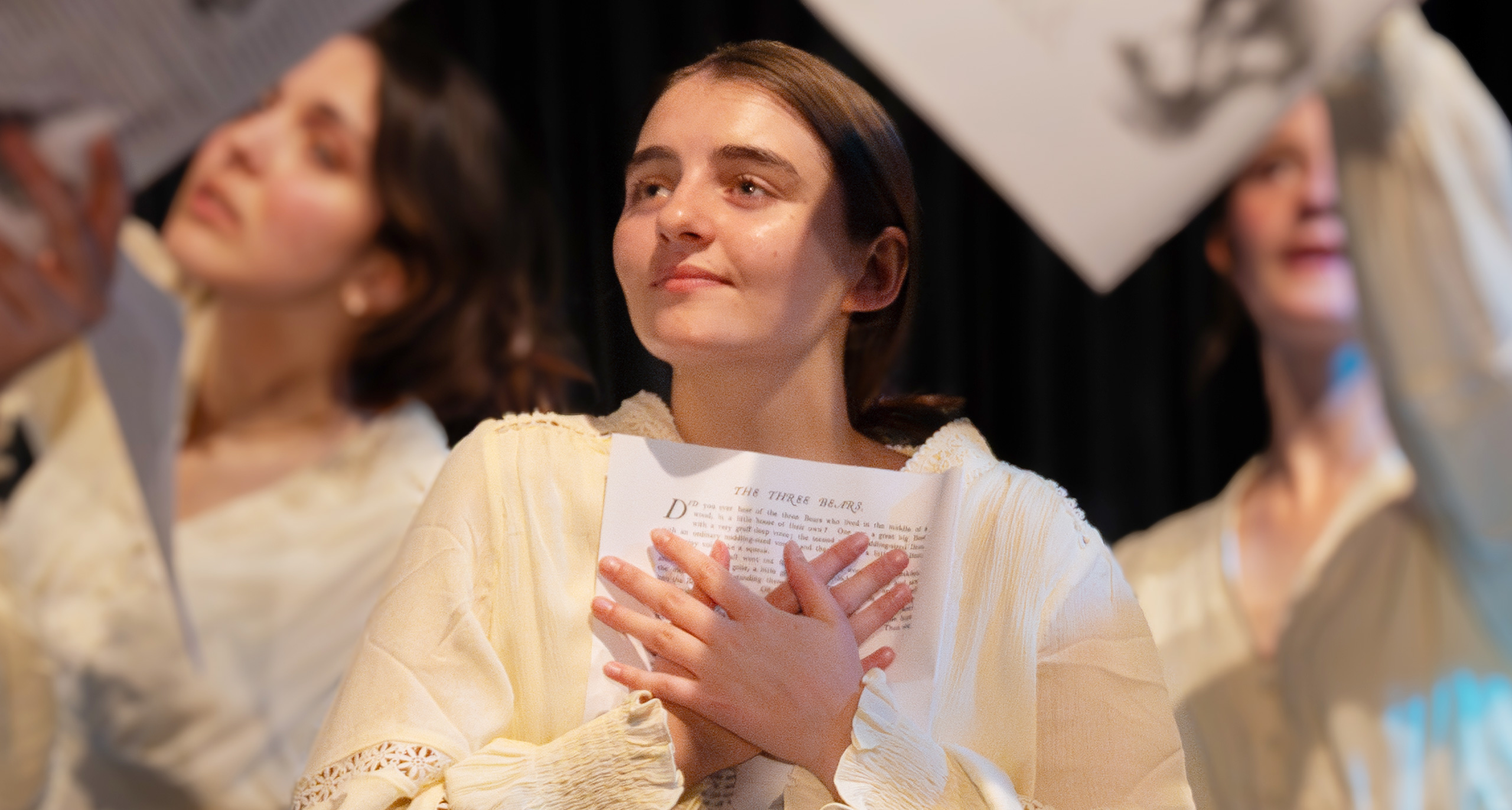Sometimes in life bad things happen. Sometimes they happen even when we have nothing to do with them, they just happen. It doesn’t seem fair, but the notion of questioning fairness implies some sort of order to the world we live in, in which virtue is rewarded and vice is punished - but it doesn’t always seem to work out like this does it? Should all actions result in a reciprocal reward or outcome? I know reader we have all seen examples of improper conduct go unpunished and also had the experience of questioning why some people seem to bear the burden of more than what we might call their fair share of suffering. Our questioning this unites us with Job and Jeremiah amongst others. Without getting into theodicy; we could consider what our response to such circumstance could be.
I may have no control over external agents, but I do at least have some control over my reaction to them. Earlier this term we had an outstanding opportunity to consider these and many more questions around what it means to be human, how we face adversity and what are our ultimate concerns. Our Drama students, in collaboration with some staff, wrote and devised a production highlighting a long untold story of suffering, that of Constance Wilde. Oscar’s story is well documented; his stellar rise as a celebrated socialite and author of considerable merit, and his subsequent fall from grace and the attendant social scandal that followed. The darker side of Victorian society visited his wife and children with a great deal less charity and understanding than they might have reasonably expected.
'Wilde' premiered at the Edinburgh Fringe Festival this summer and was met with superlative reviews, not because the production was driven by students (that also) but because it was great drama. It revealed the truth of human relationship in all its cascading inadequacy and hope; in all its frailty and strength. It is and was a superlative telling of a relationship at once caring and careless. While the whole of London society enjoyed what Paddy Kavanagh called the “wink and elbow language” of gossip and the sneeringly self-fulfilled gratification harvested at the expense of others, the cast of Wilde and the writing didn’t flinch from this but turned us to face the victim at the centre of it all. Done without the clawing sentimentality of the superficial, they illustrated how Constance responded to circumstances not of her making.
I don’t know how widely read Constance was in Seneca or the other Stoics. From what was revealed to us she was consumed with love for her husband and for her children. It was the practical application of this love for them balanced with a deep desire not to demonise their father that marked her response. It would be hard to see Oscar’s behaviour and the attendant consequence as a neutral act - storms blowing in a roof, flooding, falling ill are all outside of anyone’s control, they just happen. But Constance’s circumstances were not that of the neutral, she found herself in a position as a direct consequence of societal expectation and her husband’s actions. Neither do I think it good enough to argue that all things are intended for a reason and this was an opportunity to learn, to develop character. This is much too close to the casual cruelty visited on the unsuspecting under the guise of tuition. There are other ways to learn lessons, but perhaps there are few that bring such a marked impact on learning.
The production didn’t seek to answer the unanswerable. Voltaire’s Dr Pangloss may have described ours as the best of all possible worlds and the attendant suffering herein is the least worse we can expect. But does it hit the mark? Perhaps it is within the nature of humanity that in all our complexity, the simple act of being authentic is frustrated and as a consequence we suffer. Poussin illustrates it in 'Et in Arcadia Ego' where a literal death warns, teaches and scolds the observer that all is not as it seems and even in the most idyllic context imperfection dwells.
Maybe it is in this missing the mark - the Greeks called it àμaρtίa - that the production leaves us so moved. The tragedy for all being the failure to be authentic, for all the verbosity, for all the flamboyance the truth hid in the shadows, the courage to be was never screwed to the sticking place and for all he paraded as success it was Constance that made Wilde.
MORE BLOGS —
Parent wants
Been a busy few weeks – though when isn’t it? I have spent quite a bit of time speaking with Prep School Heads.
Bridges
In January 1942, in a small suburb just outside Berlin, a group of engineers, scientists and logicians gathered to map out a strategy that would change the face of Europe.




